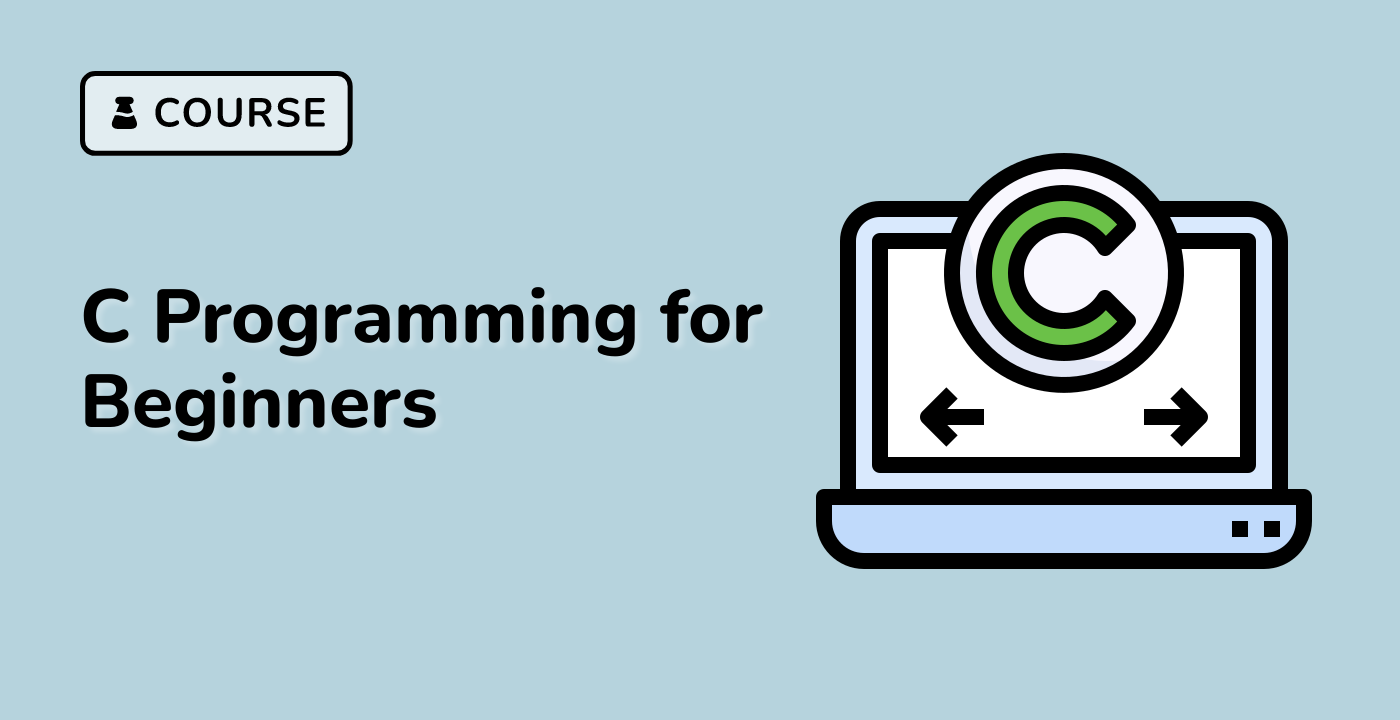Efficient Coding Practices
Code Optimization Strategies
Avoiding Redundant Computations
// Inefficient approach
int calculate_area(int width, int height) {
return width * height;
}
// Optimized approach with caching
int calculate_area_optimized(int width, int height) {
static int last_width = -1;
static int last_height = -1;
static int last_result = 0;
if (width != last_width || height != last_height) {
last_result = width * height;
last_width = width;
last_height = height;
}
return last_result;
}
Memory Management Techniques
Smart Memory Allocation Patterns
| Technique |
Description |
Performance Impact |
| Preallocate |
Reserve memory in advance |
Reduces allocation overhead |
| Object Pooling |
Reuse memory objects |
Minimizes memory fragmentation |
| Lazy Initialization |
Delay memory allocation |
Saves resources |
// Object pool implementation
#define POOL_SIZE 100
typedef struct {
int data;
int is_used;
} MemoryObject;
MemoryObject object_pool[POOL_SIZE];
MemoryObject* get_object() {
for (int i = 0; i < POOL_SIZE; i++) {
if (!object_pool[i].is_used) {
object_pool[i].is_used = 1;
return &object_pool[i];
}
}
return NULL;
}
Algorithmic Efficiency
Loop Optimization Techniques
graph TD
A[Loop Optimization] --> B[Loop Unrolling]
A --> C[Reduce Function Calls]
A --> D[Minimize Conditional Statements]
A --> E[Use Efficient Iteration]
Practical Optimization Example
// Inefficient loop
int sum_array_inefficient(int arr[], int size) {
int total = 0;
for (int i = 0; i < size; i++) {
total += arr[i];
}
return total;
}
// Optimized loop with loop unrolling
int sum_array_optimized(int arr[], int size) {
int total = 0;
int i;
// Process 4 elements per iteration
for (i = 0; i + 3 < size; i += 4) {
total += arr[i];
total += arr[i+1];
total += arr[i+2];
total += arr[i+3];
}
// Handle remaining elements
for (; i < size; i++) {
total += arr[i];
}
return total;
}
Compiler Optimization Techniques
Inline Functions and Macros
// Inline function
inline int max(int a, int b) {
return (a > b) ? a : b;
}
// Macro alternative
#define MAX(a, b) ((a) > (b) ? (a) : (b))
Error Handling and Robustness
Defensive Programming Practices
// Robust input validation
int divide_numbers(int numerator, int denominator) {
if (denominator == 0) {
fprintf(stderr, "Error: Division by zero\n");
return -1; // Error indicator
}
return numerator / denominator;
}
- Valgrind: Memory profiling
- gprof: Performance analysis
- perf: Linux performance monitoring
## Profiling command example
gcc -pg program.c -o program
./program
gprof program gmon.out
Best Practices in LabEx Environment
- Write modular, reusable code
- Use appropriate data structures
- Minimize dynamic memory allocation
- Leverage compiler optimization flags
- Profile and measure performance regularly
By implementing these efficient coding practices, developers can create high-performance C programs that are both readable and optimized, a skill cultivated in platforms like LabEx for practical programming education.




